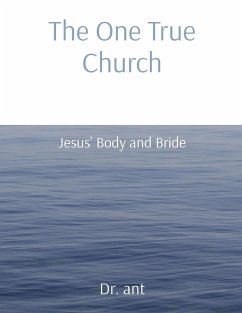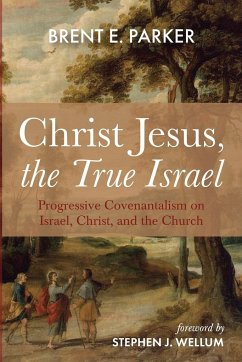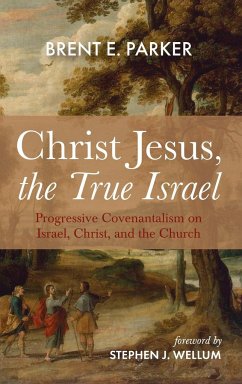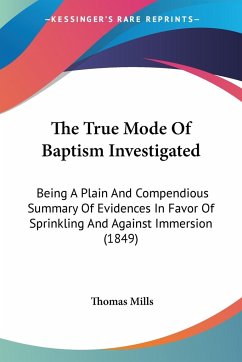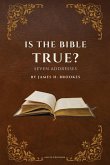Every religion is a robust and stable whole constituted of various well-integrated parts: dogmas, practices (including ceremonies), ethics, social hierarchy, and others. Religion is not merely the dogmas taught by theologians; it is not the ceremonies and rituals conducted by the clergy; it is far from merely representing given ideas about the world and humankind. "Religion" is so complex and contains so many interwoven elements that one cannot properly analyze it by putting stress only on one of them. Therefore, if we are to analyze the essence of Christianity, more precisely in its Catholic form, which is the truest form of Christianity, we cannot merely refer to a set of dogmas and work only with them. We have to take into consideration all the Sacraments, all practices, all moral principles. This is not an easy task. Hence, the present book will try to elucidate the fundamental dogmas and principles of Christianity, but it will not go as deep as to deal with particular practices (with the exception of several Sacraments which will be discussed). As the present book is focused mainly on dogmas, we will try to analyze Christianity in a dogmatic and theoretical context. The current chapter is dedicated to the history of Christian dogmatics and on the central dogmas of Christianity. Both things should be examined together since Christian dogmas did not appear out of nothing. They had a certain basis- the teaching of Christ Himself, the epistles and sermons of the Apostles, the works of the early Fathers of the Church.
Hinweis: Dieser Artikel kann nur an eine deutsche Lieferadresse ausgeliefert werden.
Hinweis: Dieser Artikel kann nur an eine deutsche Lieferadresse ausgeliefert werden.

